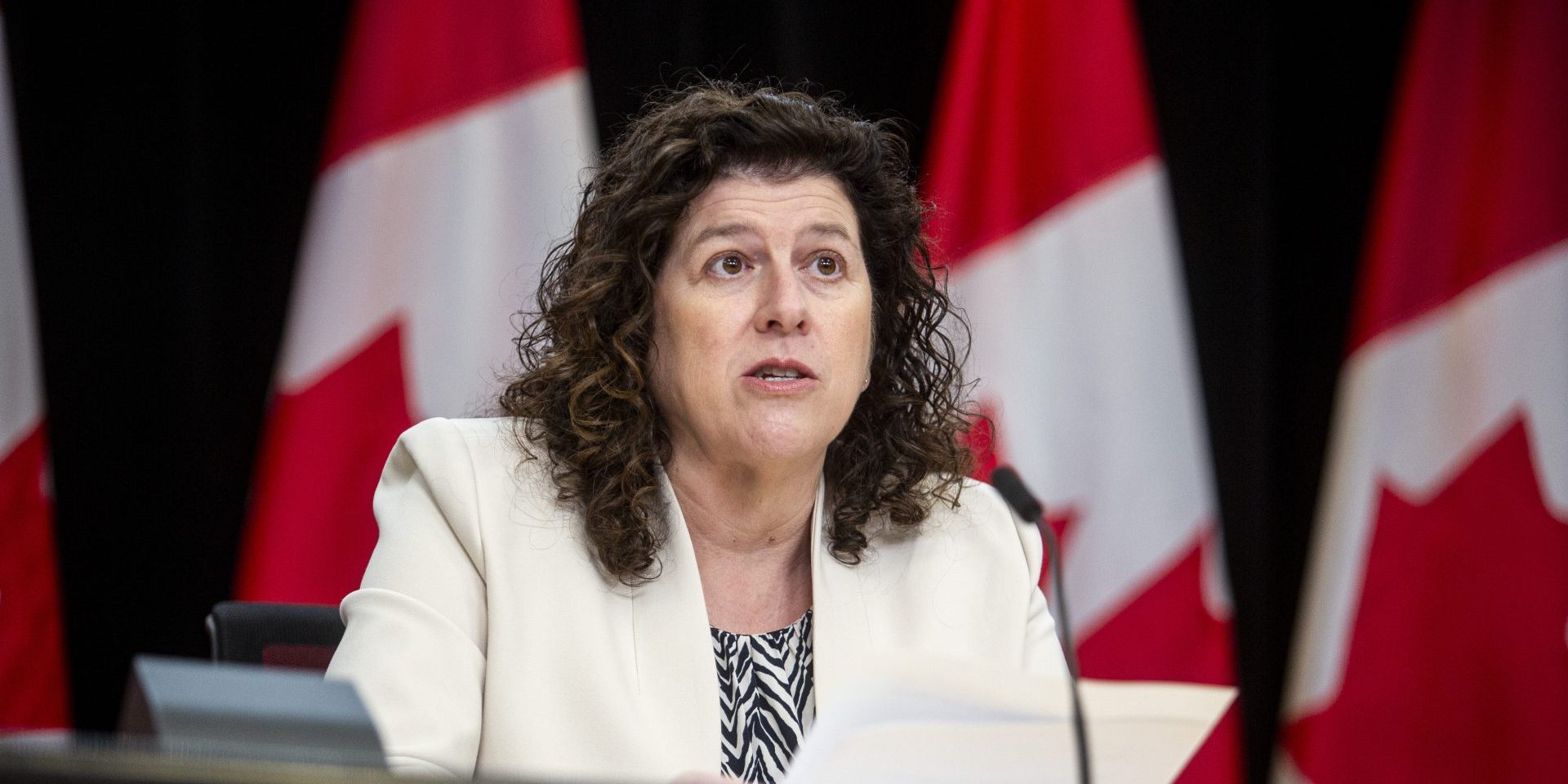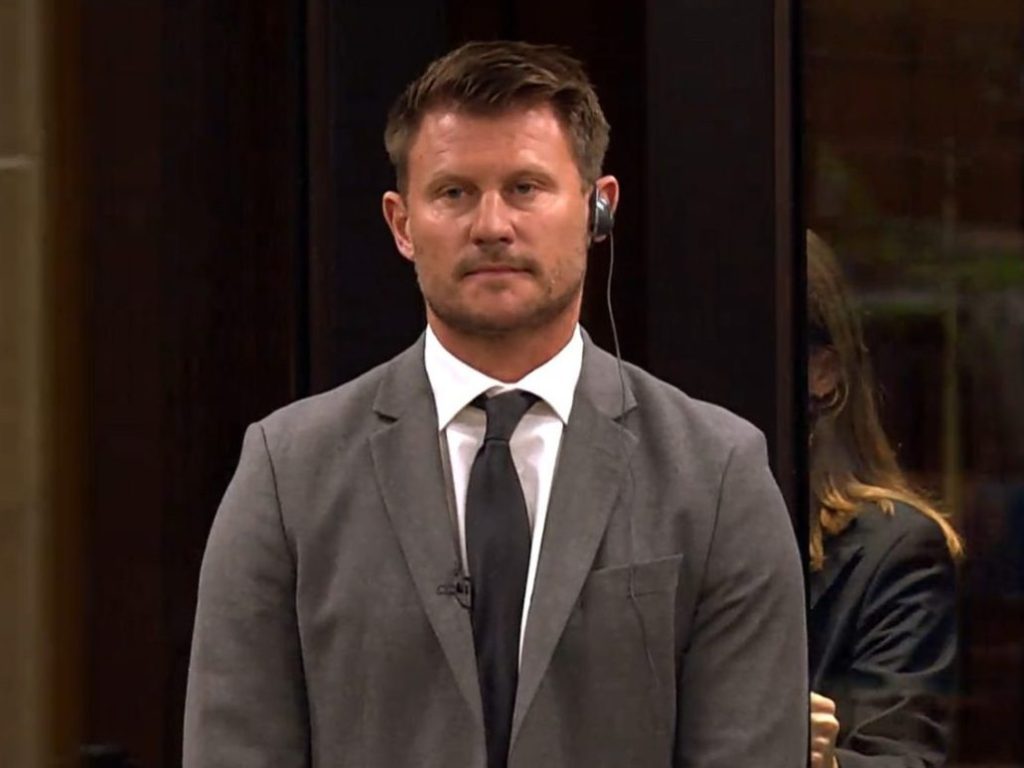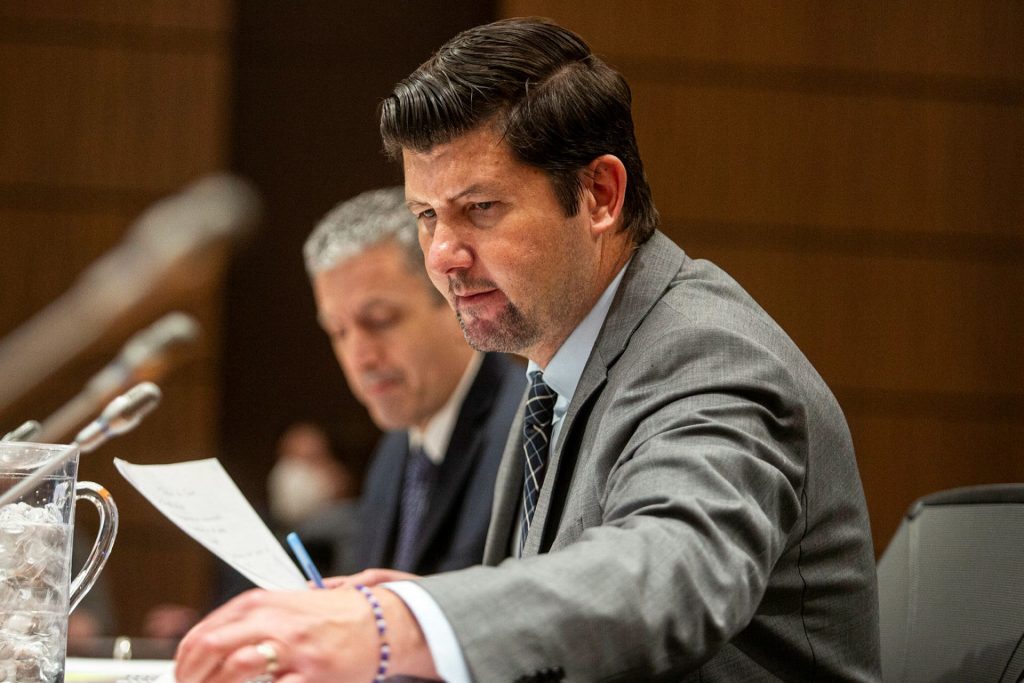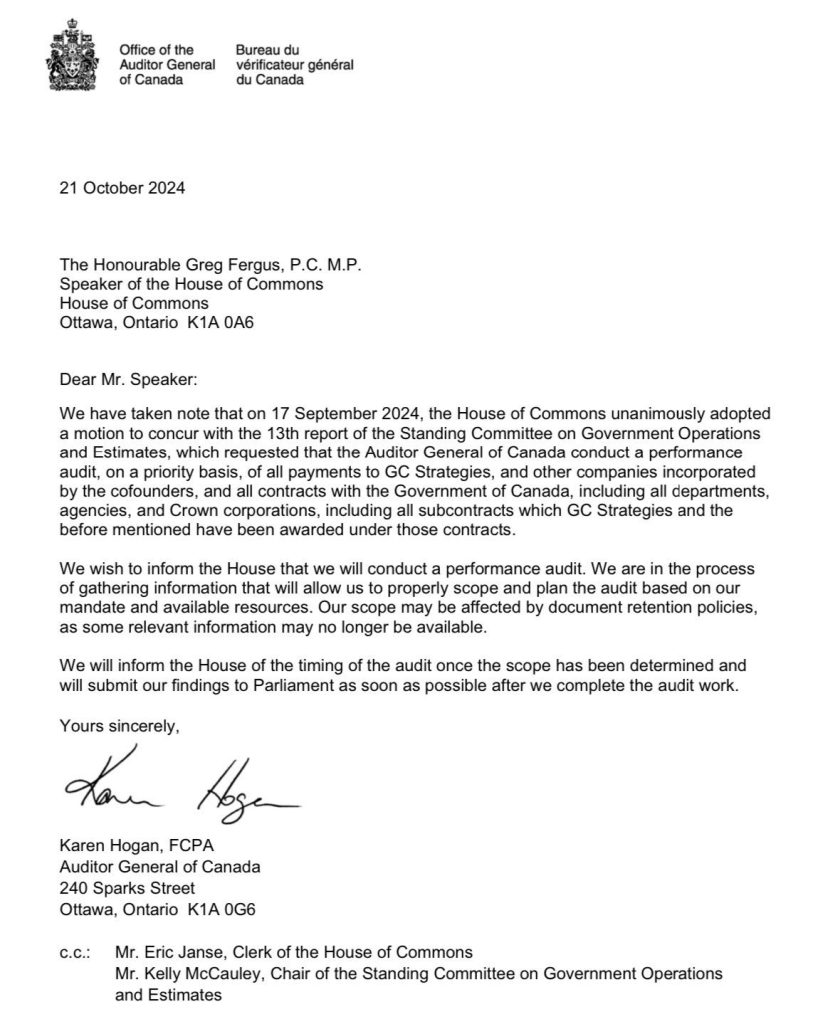Auditor General launches probe into federal payments to main ArriveCan contractor

The Office of the Auditor General is conducting a performance audit into all payments made to GC Strategies, the primary contractor of the nearly $60-million ArriveCan application embroiled in allegations of procurement misconduct.
In a letter to House Speaker Greg Fergus (Hull–Aylmer, Que.) dated Oct. 21, Auditor General Karen Hogan hinted that her office is currently in the early stages of auditing “all payments to GC Strategies and companies incorporated by the cofounders,” including any contracts.
“We are in the process of gathering information that will allow us to properly scope and plan the audit based on our mandate and available resources,” Hogan wrote.
Hogan’s February report on the controversial application found that the firm received an estimated $19.1-million for its work, which did not involve the app’s actual development or maintenance. While the GC Strategies co-founders deny any wrongdoing, their two-person IT staffing company and some of their subcontractors have been in the middle of allegations of procurement misconduct.
The new audit will delve into all contracts the firm received from federal departments, agencies, and Crown corporations, as well as subcontracting arrangements tied to GC Strategies.

Hogan’s letter stated that the audit’s timing and scope have not yet been determined, but the House will be informed once they are. She also mentioned that findings will be submitted to Parliament “as soon as possible” after the audit is completed. She wrote that the audit’s scope may be influenced by document retention policies, and said that some records may no longer be available, which could limit the investigation.
The move comes following a unanimously adopted motion by the House on Sept. 17, which called the auditor general to conduct a performance audit, on a priority basis, of all payments to GC Strategies, and other companies incorporated by the cofounders Kristian Firth and Darren Anthony.
Earlier this year, the federal government suspended the security status of GC Strategies from participating in all federal procurements. The RCMP confirmed that it is investigating the company in relation to issues surrounding ArriveCan and Botler AI, the Montreal-based firm that initially came forward with allegations of misconduct. Another dozen independent probes into the matter are also underway, including an internal audit by the Canada Border Services Agency (CBSA).
How much federal cash did GC Strategies receive?
Hogan’s Feb. 12 report looking into the allegations around ArriveCan estimated the overall cost of the app to be $59.5-million, but said the exact cost could not be determined due to a lack of documentation throughout the procurement process. Hogan told MPs after tabling her report that “we paid too much for this application.”
Procurement Ombud Alexander Jeglic’s January report on ArriveCan provided the first concrete revelations of procurement misconduct. It concluded that the criteria for the $25-million contract—of which GC Strategies ultimately received an estimated $19.1-million—were “overly restrictive and favoured” the firm.
Firth, the managing partner of GC Strategies, disputed Hogan’s findings that the firm received more than $19-million for its work on the application, and said the real figure is closer to $11-million.
“The amounts paid to GC Strategies are not the astronomical amount being claimed by some committee members,” said Firth, speaking under oath before the House Government Operations and Estimates (OGGO) Committee on March 13.
“I’m not disputing the fact that $19-million was an invoice through my company monthly. I’m disputing that $19.1-million was completely attributed towards the ArriveCan application build,” Firth explained.
Firth was admonished by the House Speaker on April 17 after MPs found him to be “evasive” before MPs at OGGO, which has been investigating ArriveCan since 2022. He testified before the House that the government did not ask his company to pay back the fees received for finding resources to do the technical work to run the ArriveCan application. He also denied participating in a “bait and switch,” a deceptive practice where contractors pitch resources to secure contracts but replace them with lesser alternatives.
At his first appearance before OGGO on Oct. 20, 2022, Firth told MPs that GC Strategies—established in 2015—had two employees, including himself and Anthony, and that they operated out of a downtown Ottawa office until switching to work from home in 2020. According to Firth, the firm “built teams and provided subject matter experts for many projects for over 20 federal departments.”
Firth had also testified that his firm received around $22-million over three years from the CBSA for various IT-related work. He also said he and his partner Anthony made closer to $2.5-million in commissions out of the $11-million received over two years for ArriveCan. Firth noted their work, which was approximately 30-40 hours per month, included tasks such as accounting, invoicing, and making timesheets, and the rest of the money went to the subcontractors that actually worked on the application.
“GC Strategies invoiced over $44-million over the past two years for all of our federal work over 20 departments,” Firth told MPs, noting he usually receives between 15 and 30 per cent of contract value as his commission.
Firth said GC Strategies did not build ArriveCan, but “was responsible for certain requirements” of the application. He also said that he billed the federal government approximately $9-million for the app. He said it was the government that approached his firm to staff a team under their management and direction.
During his second appearance on Nov. 2, 2023, Firth said GC Strategies were never paid $54 million—the initial amount associated with the procurement of the app based on media reports as well as CBSA’s own breakdown of the procurement.
Inflated resumes, bait and switch, working the system
When pushed on the allegations of submitting inflated resumés for his vendors to secure federal contracts—based on the allegations of Botler AI—Firth admitted submitting the “wrong versions” of one resumé belonging to Botler co-founder Ritika Dutt. Firth said this was a “mistake,” and repeatedly denied having cozy relationships with government officials.
In November 2022, Amir Morv and Dutt raised allegations of procurement misconduct with the CBSA for whom they worked on a separate AI project. Botler and its co-founders were never contracted to work on ArriveCan, nor have they worked on ArriveCan, Morv previously told The Hill Times in a Jan. 29 interview.
One of the most striking findings in Jeglic’s ArriveCan review was that in 76 per cent of the ArriveCan contracts, the subcontractors who were pitched to work on the project did not actually perform as promised, and were replaced with others to do the job.
This deceptive swap, commonly referred to as ‘bait and switch,’ prompted the Procurement Ombud to launch a specific review into the practice in October focusing on six departments: Employment and Social Development Canada; Global Affairs Canada; Immigration, Refugees, and Citizenship Canada; National Defence; Shared Services Canada; and Public Services and Procurement Canada (PSPC).

A February report by the La Presse revealed GC Strategies had been awarded 140 federal contracts totalling $258-million since 2015. PSPC said it could not confirm the reports at the time, and that the amount reported is derived from the proactive publication of contracts on the Open Government portal, which provides access to all contracts worth more than $10,000, as well as subsequent purchase orders, amendments, and task authorizations.
ArriveCan faced criticism from the time it launched, blamed—alongside the government’s overall COVID-19 travel rules—for its impact on tourism, concerns over privacy regarding sensitive data collection, and technical glitches such as erroneously instructing travellers to quarantine. The auditor general’s Feb. 12 probe into the application—which had 177 versions—showed that around 10,000 travellers were wrongly instructed to quarantine thanks to one update in June 2022.
A 2018 Ottawa Business Journal (OBJ) story on GC Strategies reported that the company was one of the “most dramatic business growth stories of the past three years.” According to the OBJ, the firm had a three-year revenue growth at 676.4 per cent since its establishment in 2015.
“Ottawa’s leading the market (in tech development) in so many ways, but the companies don’t know how to break into the federal government because there’s contracting and procurement minefields that just put everybody off immediately. We kind of come in to show the way,” Firth said in his 2018 OBJ interview.
ikoca@hilltimes.com
The Hill Times







 LICENSING
LICENSING PODCAST
PODCAST ALERTS
ALERTS













